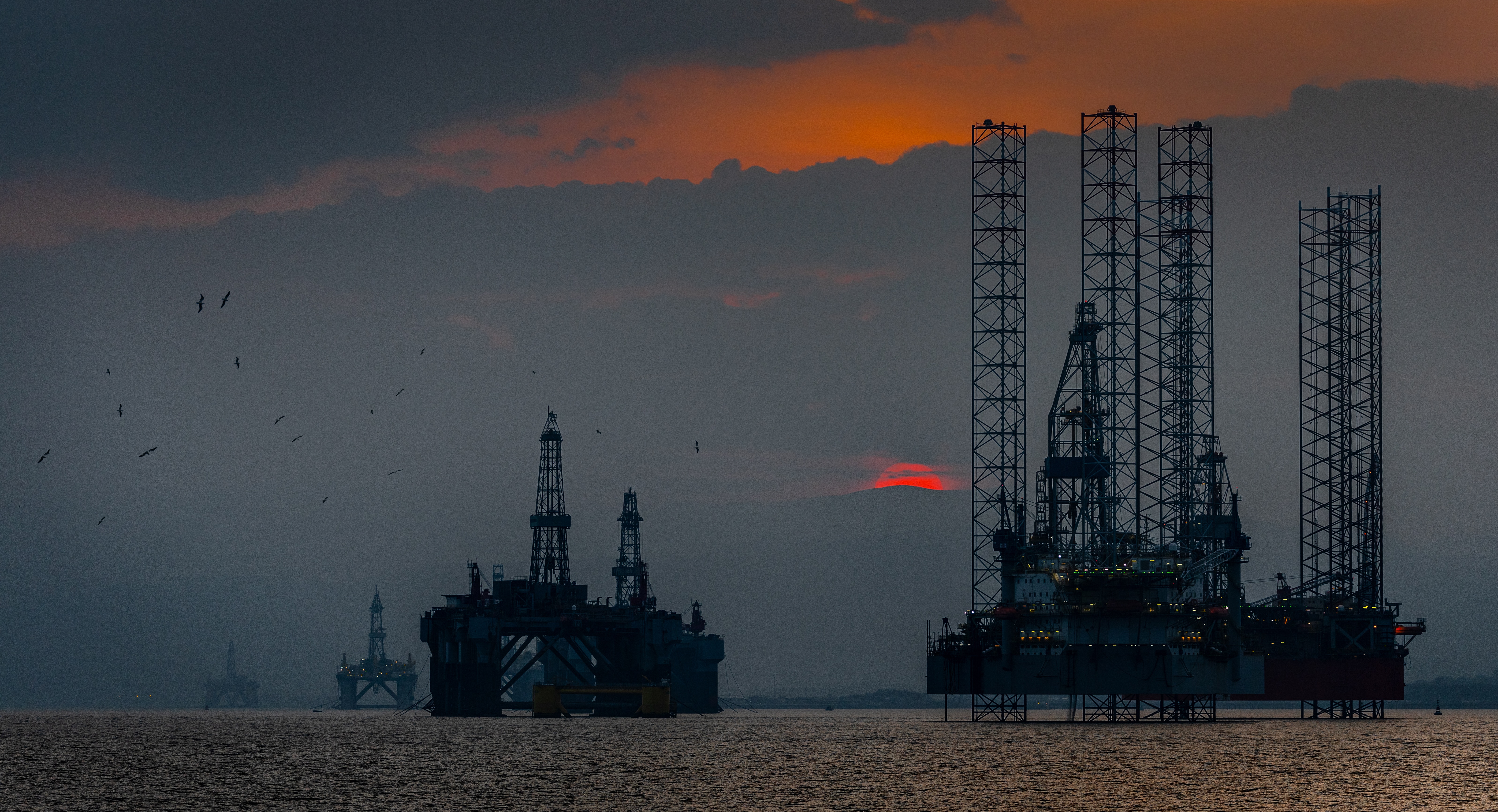3 min read
Kidnapping at sea for ransom drops as oil prices rebound – UNODC
By: Business Day on October 19, 2023 at 9:00 AM

The nature of maritime crime in Nigerian waters is shifting from kidnapping for ransom as the number of successful attacks started declining from 86 incidents in 2020 to 32 in 2021 and to only three incidents in 2022, the United Nations Office on Drugs and Crime (UNODC) report, has said.
According to the report, the conflict in Ukraine had led to a spike in global oil prices, which may explain why pirates suspended their kidnapping activities to focus on profiting from these increased prices since many of the criminals have a close relationship with illegal oil bunkering groups.
It however wondered why it is unclear why the criminals have not returned to vessel hijacking that took place during the oil boom of 2011-2015.
“The changes in the nature of the maritime attacks over the years can be explained in terms of oil price trends. Targeting the oil industry caused Nigerian maritime crime to become entangled with both illegal oil bunkering and the militant campaigns waged in the 1990s and 2000s.
The bunkering operations were also targeted for predation, especially during the fuel price boom of 2011-2015,” the report stated.
The UNODC also attributed the drop in the number of attacks to the positive impact of piracy convictions in Nigeria and Togo in July 2021, the deterrent effects of increased naval patrols by the Nigerian Navy, and improved cooperation with regional counterparts.
It said that the deterrence effect was further amplified by the deployment of non-Gulf of Guinea navies through the continuous presence of naval assets under the European Union Coordinated Maritime Presences concept and the regular patrols of other internal navies.
Giving an insight into the evolution of maritime crime in Nigeria, the report said robbery, hijacking and kidnapping – have been prominent in different periods in Nigeria’s history.
“Between 1995 and 2010, 71 percent of successful attacks were robberies and petty thefts with relative impact on crews and vessels while between 2011 and 2015, robberies remained prominent, but there was an additional wave of hijackings. At that time, about one-quarter of all successful pirate attacks resulted in the hijacking of vessels with the cargo, which, in most cases, was oil and fuel as the target.
“Then, vessels were hijacked, and the fuel was offloaded to another vessel at sea. As petroleum products appear to have been the target of many of these attacks, it seems likely that the growth of hijacking is in some way related to developments in the oil market,” the report said.
UNODC said it was around this time that the fuel subsidy scandal emerged in Nigeria and because neighbouring countries were also reliant on smuggled subsidised fuel, it caused prices throughout the region to spike, which motivated the wave of hijacking for fuel theft.
“A very large share of the vessels targeted for hijacking during this period were fuel tankers travelling in the territorial waters of Benin Republic and Togo,” the report stated.
Meanwhile, from 2016 to 2020, a wave of kidnapping for ransom became evident in about 40 percent of recorded attacks.
“The shift from hijacking to kidnapping may be related to a global decline in the price of oil, which started in 2014 when global oil prices halved, from over $100 per barrel to less than $50 a barrel and further dropped to over $25 per barrel by the beginning of 2016,” UNODC stated.
Possibly due to declining prices, the report explained that the hijackers decided to hold the crews of some vessels for ransom, which was found to be more lucrative than oil theft.
According to UNODC, the number of seafarers abducted rose sharply within the period and the kidnappers were targeting foreigners as the number of victims kidnapped per incident increased, from just over three victims per incident in 2015 to over six in 2020.
UNODC study revealed that the total amount of ransom paid also increased during this period.
For instance, in 2008, when an average of three victims were taken, the total ransom was about $25,000. In 2016, the average number of victims was five, with the total ransom increasing to $150,000. In 2020, the average number increased to six and a half, and the total ransom increased to $500 million.
It added that maritime crime in Nigeria appears to have been rooted in unemployment and environmental grievances. Unable to make a living in overfished and contaminated waters, Fishermen began preying on maritime commercial flows, both for subsistence and as a form of protest.
Source: Business Day
Related Posts
Indonesian navy seizes oil tanker wanted in..
Indonesia's navy said Wednesday that it seized an oil tanker that was wanted by Cambodian..
'Risk is high': ship arrives to pump oil from..
The delicate operation to transfer 1.14 million barrels of Marib Light crude to the Nautica, bought..
Yemen's Houthis agree U.N. proposal to offload..
Yemen's Houthi movement has signed an agreement with the United Nations to deal with a decaying oil..




